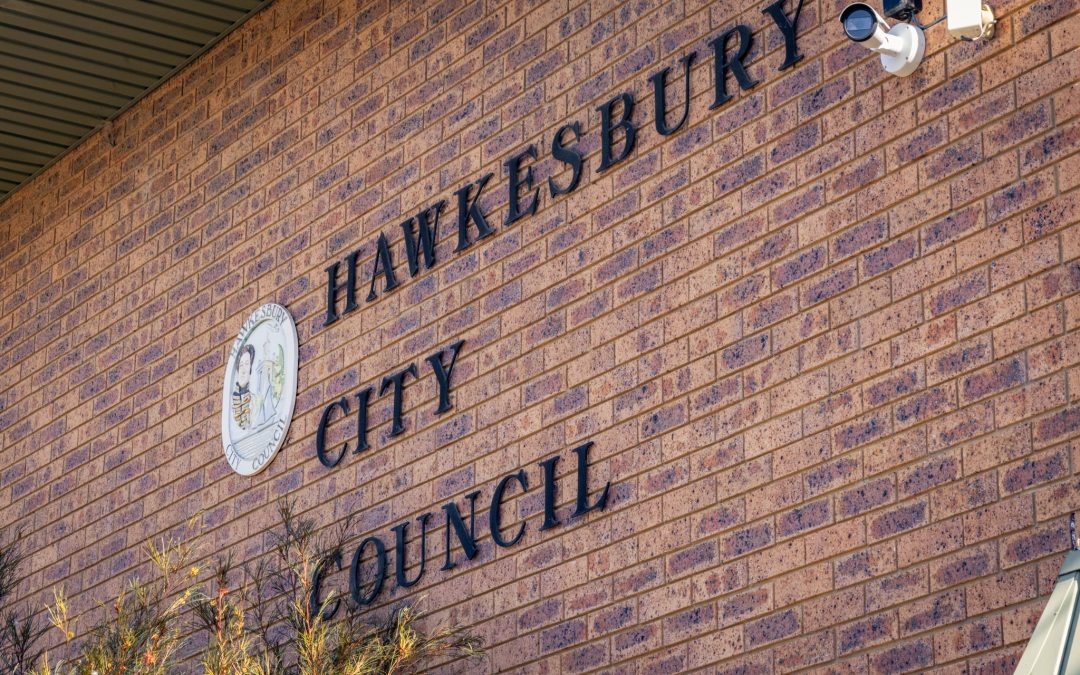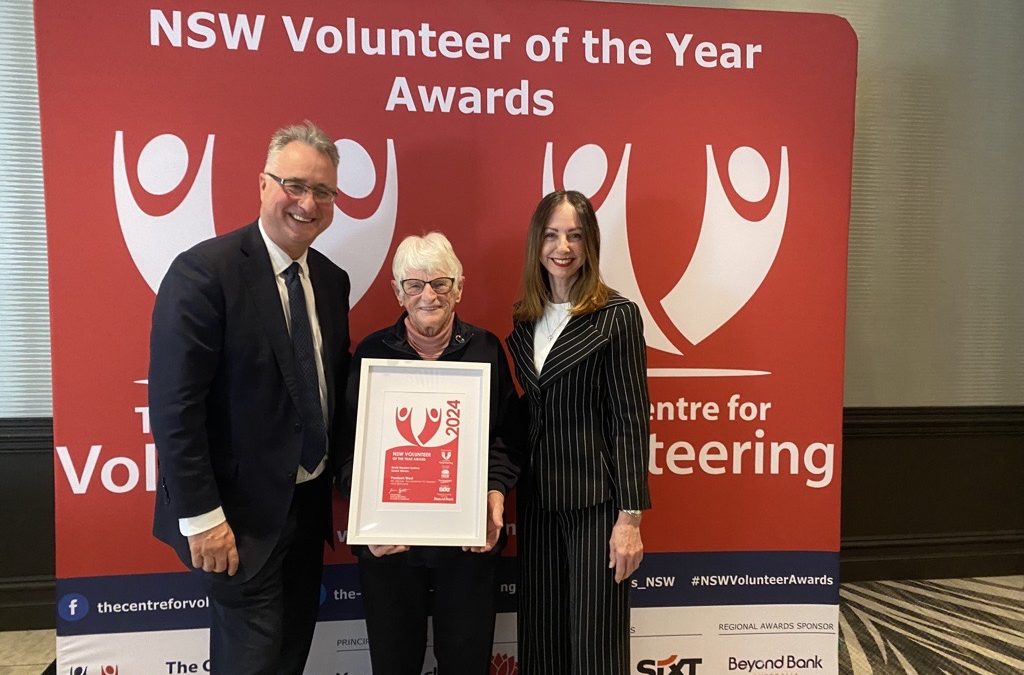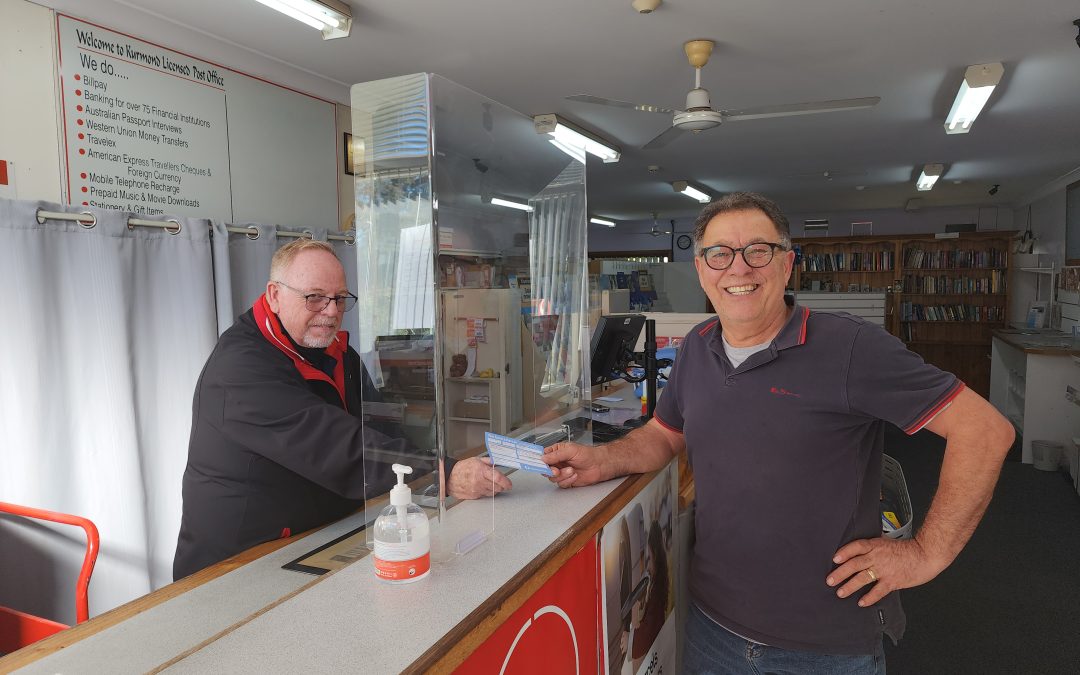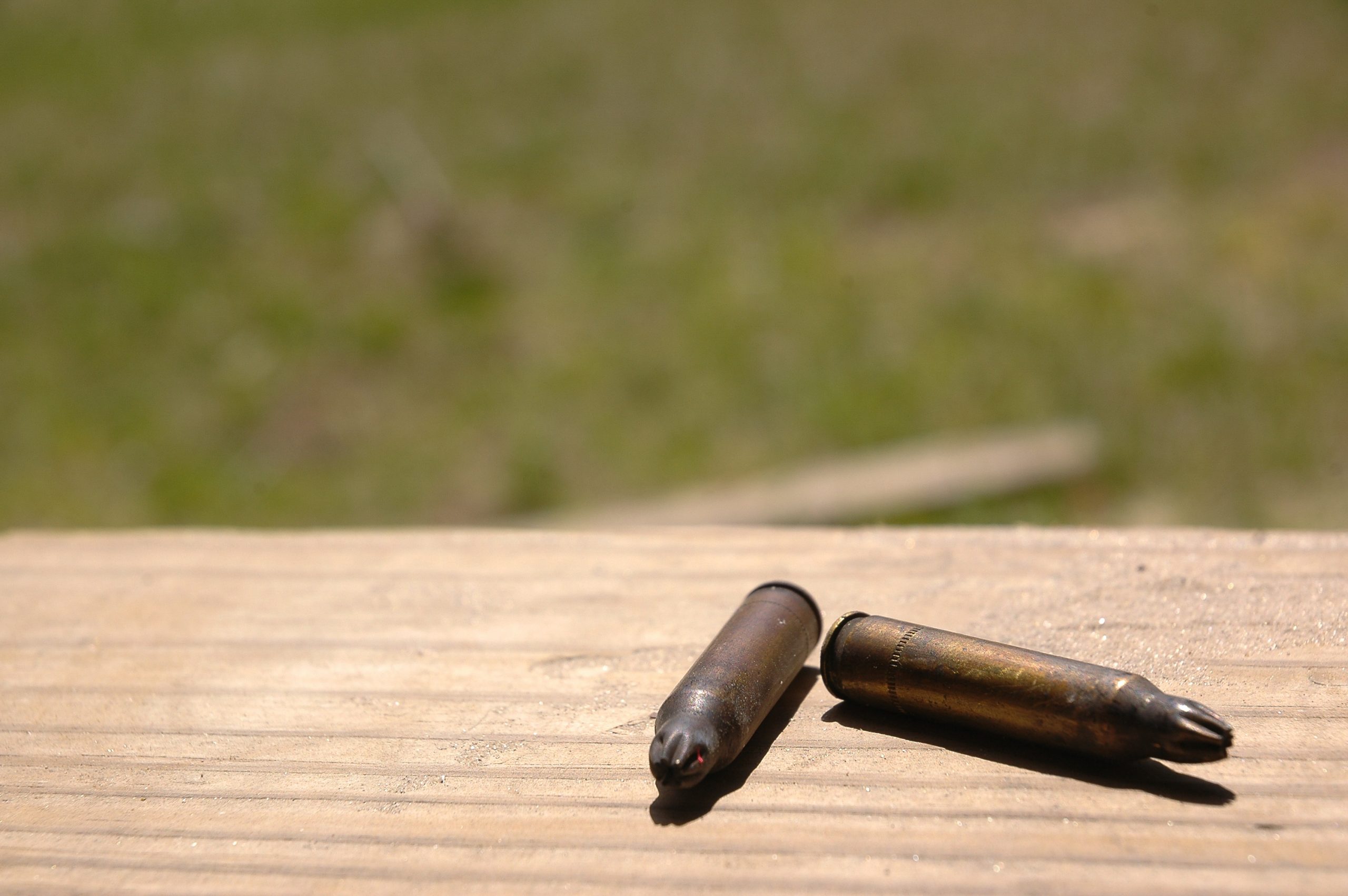Hawkesbury Post contacted all...


Hawkesbury Post contacted all...

In a heartwarming recognition of community...

After more than two decades of dedicated service, the...
For over two decades, Hawkesbury resident John had only rarely laid a hand on his wife, rarely left a bruise. Yet, each morning, a solitary bullet appeared on the kitchen table they shared. No words were ever spoken, just the ominous presence of that bullet. Even though no law was broken, the message was stark and undeniable – if she didn’t do as she was told, her safety hung by a thread.
Maria Losurdo, manager of the Women’s Cottage in Richmond, emphasised the multifaceted nature of domestic violence. “People can use the Family Courts to intimidate women, leave veiled references in bank statements, or false reports / hoax requests for police welfare checks,” she explained. “Much of the abuse occurs through text messages – subtle but a true indication of ongoing intimidation and risk.”
Recognising coercive control, the insidious manipulation aimed at dominating and controlling another, is crucial. In practice this includes, controlling or restricting finances, questioning what you wear or do, isolating you from friends and family, counting kilometres on cars, humiliating and demeaning you, repeatedly putting you down and dehumanising you.
Minister for Women and Minister for Prevention of Domestic Violence and Sexual Assault, Jodie Harrison noted its elusive nature: “It can be hard to spot because it can be deeply contextual.” But from July 1, perpetrators who are found guilty of the act in NSW will face up to seven years in prison.

Domestic violence support services in Hawkesbury stress that official statistics pale in comparison to reality. Many victims hesitate to report to the police, fearing their experiences of coercive control won’t be understood. Losurdo highlighted the unique challenges faced in Hawkesbury, where isolation and threats to animals are common tactics.
“The Hawkesbury is more akin to a regional area, many isolated communities where there is one road in and one road out. Coercive control is used over animals and there are more guns here. I’m going to kill your horse if you go,” is an example Losurdo said.
Losurdo said since the bushfires in 2019 they have seen a rise in requests from women seeking help. “Floods, bushfires, Covid, the cost-of-living crisis have increased both the occurrence and severity of domestic violence. Given the level of natural disasters in the Hawkesbury it is a community at risk,” Losurdo said noting “we are busting at the seams.”
“Available statistics can only point to women who have already left the violence or gone to police. It is the tip of the iceberg when it comes to women living in abusive and unsafe situations. Government funded funding policy for victims of DFV doesn’t cover these women” Losurdo said.
It can take many years for women to break free of violence. Rayne (name changed) recognised early feelings of discomfort in her relationship when her partner openly criticised her in front family, and friends. She planned to end the relationship when he became physically aggressive, but then fell pregnant. His abuse continued during the pregnancy, and he coerced Rayne to leave her own home and job to move in with him, where she became even further isolated. There he dictated what she could buy, how to cook, how to clean. Now physically and socially isolated and financially controlled it took more than two years for Rayne to find her way to The Women’s Cottage, and another 6 months before she was able to leave.
Rayne’s experience is far too common. Jane has been in a defacto relationship with David for 14 years. She said it wasn’t physically violent apart from one occasion. But there were years of being demeaned, belittled, humiliated and regularly has access to funds cut off. She was a “dimwit”, “a cunt”,”a lazy fucking grifter”, “a fucking sloth”, a “parasite”. “In the end you just give up. You don’t fight or react anymore, it’s not worth it. You do everything to avoid it. You stop going out, stop going to the coffee shop, stop seeing your friends and family,” she said.
“You don’t complain about the deliberately left unflushed toilet, the filth and mud traipsed through the house just after you’ve mopped the floor, the household rubbish stuffed in your clothes draw, the constant loud music while you try to work or sleep. You don’t say anything about it anymore because to do so would create a reaction so violent it is just not worth it. You just put up with it. You look for places to sleep during the day that are quiet to make up for the lack of sleep, you look for places to work where you won’t be disturbed but he always finds you and a way to disrupt you,” she said.
Last December proved particularly dire, with 41 recorded assaults in Hawkesbury – nearly double the preceding month’s figure, according to the NSW Bureau of Crime Statistics and Research (BOSCAR). Police data over the past five years reveals a concerning trend: a seven percent rise in domestic violence offenses in the Hawkesbury. What this means is that police recorded 309 people were assaulted in domestic situations in the Hawkesbury from January 2023 to December 2023. That is 23 more people were subject to domestic violence related assault last year than in 2022, when 286 people in the Hawkesbury were assaulted in domestic situations.
Nationwide, the rate of women killed by intimate partners surged nearly 30% in 2022-23, according to the Australian Institute of Criminology. It shows 49% of female victims of homicide were killed by a former or current intimate partner in the 2022-23 financial year.
AIC research manager Samantha Bricknell said intimate partner homicide (IPH) was “the most common form of homicide” experienced by Australian women, but since 1990 there had been a 66 percent decrease in IPH where the victim is a woman. She said it was as yet unclear what was causing the upward trend in the 12 months to June 2023.
“The increase that we’ve seen in 22-23 is a sizeable increase, but what we are seeing in terms of the numbers of victims in 22-23 — and certainly the rate of intimate partner homicide perpetrated against a female – are similar to what we were seeing pre-COVID,” Dr Bricknell said.
While intimate partner homicide remains a prevalent issue, funding inadequacies hinder support services like The Women’s Cottage, preventing comprehensive assistance from identification to recovery.
Support services need resources to support women living with DFV and to help women struggling to leave violent situations, not just those who have left, Losurdo says. The Women’s Cottage supports women from identification of domestic violence through to women leaving an abusive relationship and those who have finally left. However, despite being the main specialists DFV service in the Hawkesbury for over 40 years, The Women’s Cottage is not eligible for government formal DFV funding – as it is not considered an official front line service. This is true for regional services across NSW that do not fit into the narrow definition of DFV service providers.
Advocacy efforts by figures like Federal Member for Macquarie Susan Templeman have provided some relief, enabling additional frontline support, Losurdo says. Yet, challenges persist.
The new announcements for increased Government funding will not reach The Women’s Cottage unless funding criteria recognises the critical role The Women’s Cottage, and many other regional services, play in supporting the whole continuum of experience of women and children facing domestic violence.
Regardless demands continues to increase, rates of violence continue to increase, the number of women murdered by intimate partners continues to increase. When asked what is most needed, Losurdo said all levels of Government must take responsibility, “We need increased State and Federal Government funding that recognises the work we are already doing, and we need Hawkesbury City Council to support to increase the size of the building we work in,” Losurdo says.
If this story has raised issues for you or someone you care about, please reach out for support:
The Women’s Cottage: 02 4578 4190 www.womenscottage.org.au
1800 Respect: 1800 737 732 www.1800respect.org.au
Full Stop Australia: 1800 211 028 www.fullstop.org.au
Lifeline: 13 11 14 www.lifeline.org.au
Beyond Blue: 1300 224 636 www.beyondblue.org.au